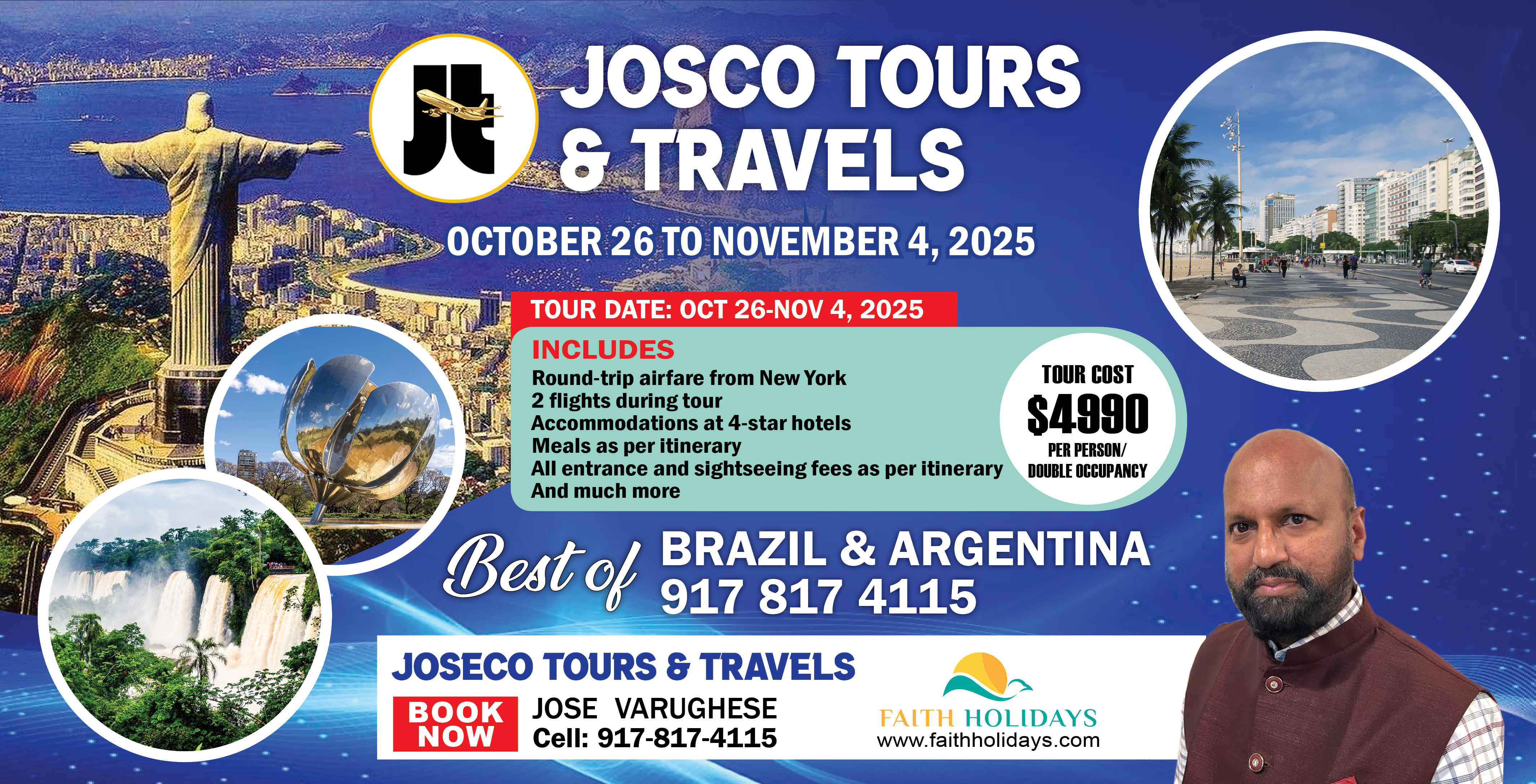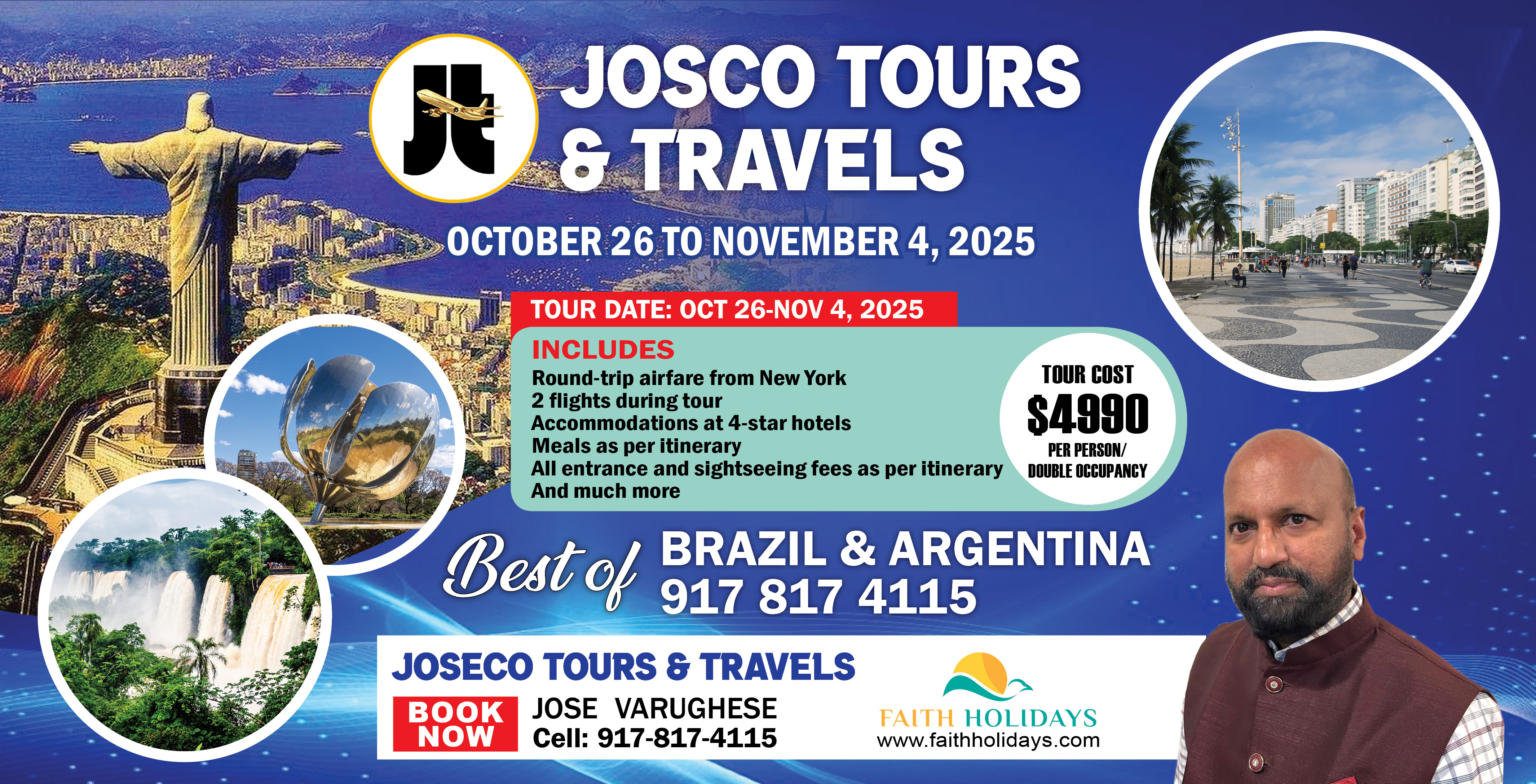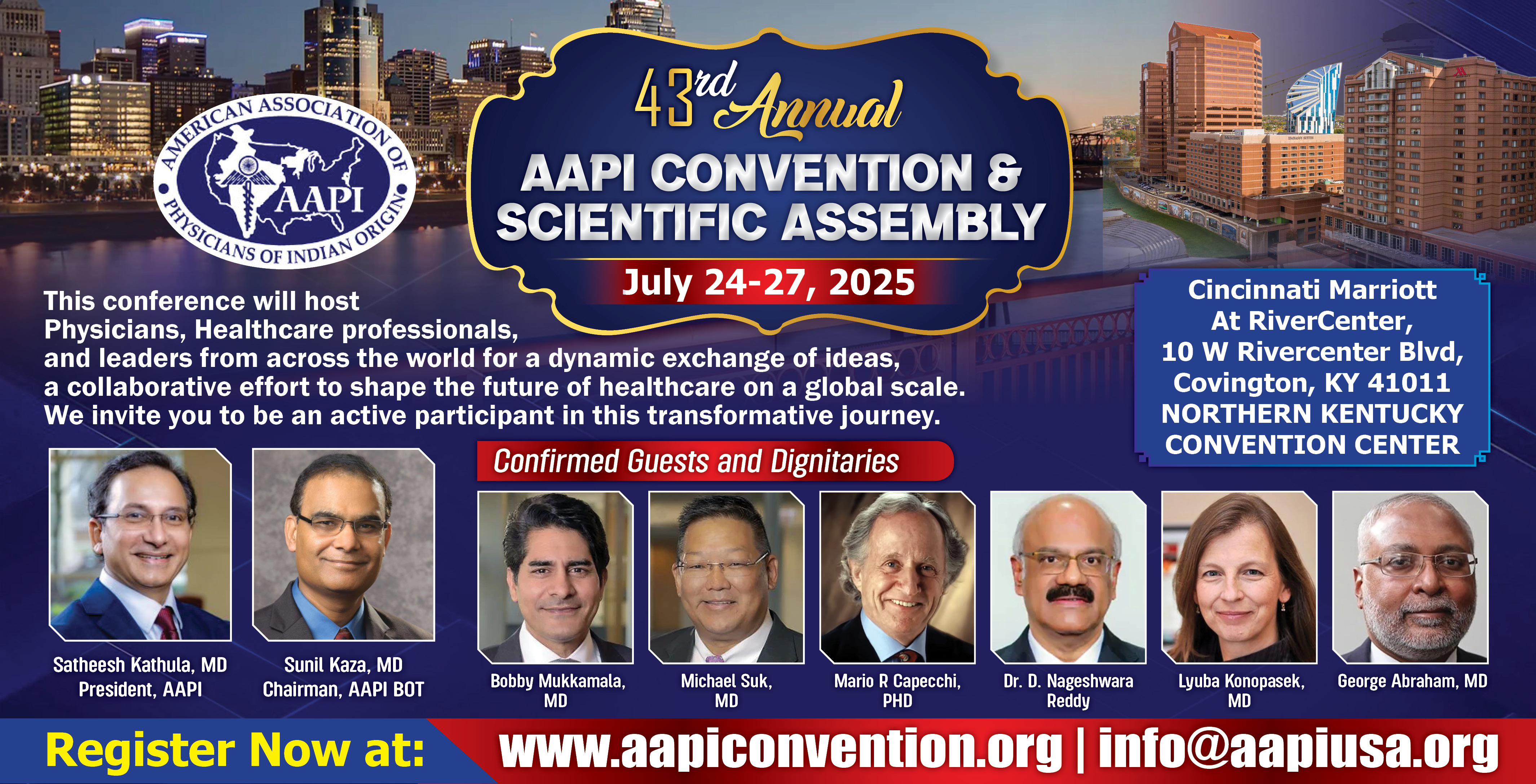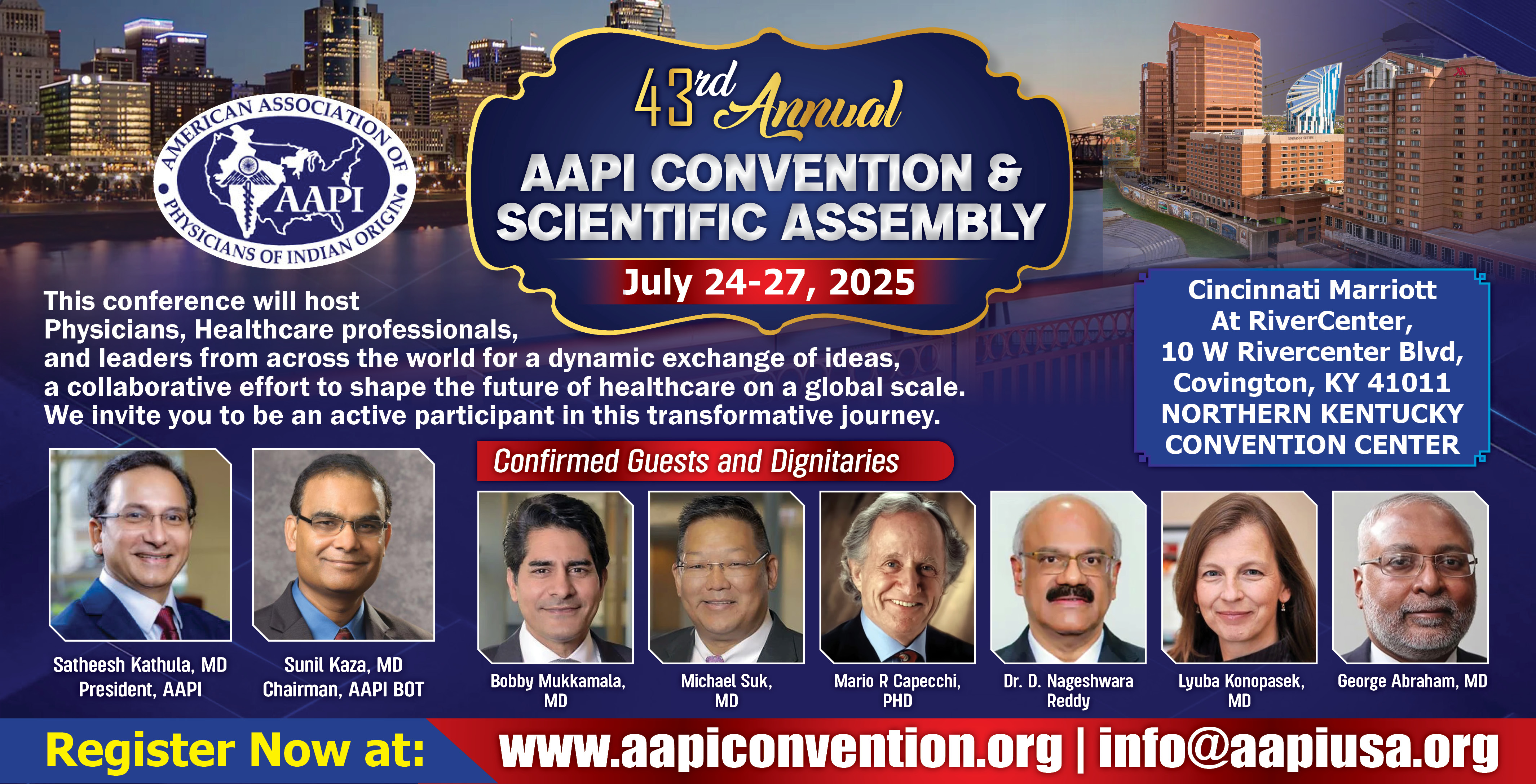America
Dreams Of New Horizons (The Last Smile: A Father's Love Story by Jeevan Zutshi-4)
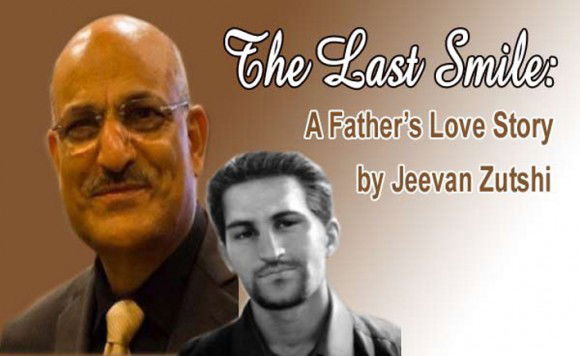
The Last Smile: A Father's Love Story by Jeevan Zutshi
(Looking back at the untimely death of a promising young man by his father-)
It was a beautiful winter morning of 1969 and, in many respects, like every other winter morning in Jammu. After the hot scorching heat of the summer, which lasts from April through September, and the raining season that goes until November, Jammu is visited by very stable mild weather for the rest of the winter season.
And so there had been a long succession of beautiful sunny days, blue, cloudless skies, and mild evenings. Like every other winter morning, I was visiting my mother's parents, who lived about a mile from our home down an unpaved narrow road that crossed over a canal, which served to feed a hydroelectric power generation turbine. My grandparents were in their late sixties and often spent the winter in the warmer climate of Jammu, where they had recently built a winter home. Many families went to Jammu to escape the fierce winter in Kashmir.
My uncle Bansi was also enjoying a winter break from his faculty position in Regional Engineering College in snowy Srinagar. Bansi was in his room doing paper work when I walked in. I noticed an envelope with the logo of the American Embassy on it and became curious as to what he was corresponding about, since I had always wanted to go to America.
He informed me that he was corresponding with them to get more information about emigrating to the U.S. “Wow,†I exclaimed excitedly. “America! I wish I could go there.†He encouraged me to write to the embassy to find out more and he was very positive about my prospects.
I wrote to the Embassy that day and mailed the letter to New Delhi, the capital of India, where it was located. My response came quickly. Within two months I had approval from the U.S. Department of Labor to apply for a visa. I was informed that I would need an Indian passport, birth certificate, my engineering degree transcript, and an affidavit of support from a U.S permanent resident.
My excitement about going to the U.S. was increasing everyday, as these requirements did not seem to present unmanageable obstacles. On April 26, 1969, my sister Girja had gotten married to a Ph.D. student who lived in Berkeley, California. I was convinced that everything was coming together and that I would have no problem going to the U.S., since I could get the affidavit of support from my sister once she joined her husband in California.
However, I was crestfallen when my sister advised me not to come to the U.S., since the Vietnam War was going on and I was at an age where I could The Last Smile 32 Chapter Four - Dreams Of New Horizons 33 be drafted. At that time, anyone who was younger than 25-years-old arriving in the U.S. with an immigrant visa could be drafted unless he had a student's visa!
Also, she and her husband were both on a student's visa, so their affidavit of support would not be acceptable to the U.S. Embassy in India. Only a permanent resident could help me. This was upsetting news to say the least. I suspected that my dreams of coming to America would remain merely dreams. However, I knew that as a minimally paid government engineer in Jammu I was not developing professionally in a way that I knew I was capable of with sufficient opportunity.
I certainly was not going to give up. In June of 1970, my younger brother was admitted to Banglore University for an undergraduate degree in electrical engineering. It was a moment of joy for the family. Banglore is the Silicon Valley of India and a very beautiful place. I decided to accompany him and help him settle in, but on the morning of our trip, my brother ran into a friend who told him about another young man who was also going to Banglore to attend the same college.
We found out that his father was taking him. I was tempted to meet this gentleman to see if my brother could go with them to save myself a trip. After some effort, we located this man and went to his home in Jammu to introduce ourselves. To my surprise, when we entered the home, the young man's father knew my father and received us with much warmth. I met the whole family that day, including the three daughters and two sons, and I was impressed with all of them. The elder daughter was married and the younger two were still single.
They were genuinely hospitable and made us feel at home. So my brother went to Banglore with this other young man and his father. That day I had absolutely no idea that I would be marrying the second oldest daughter within a year. However, fate has a way of taking us to surprising places. I met my wife Usha through this quite unexpected route. In India, families got involved in selecting a bride or a groom for their child, so I was no exception. The first step, or rather ritual, toward a Kashmiri Hindu wedding is the matching of the horoscopes of the prospective bride and groom.
Once the horoscopes were matched and the alliance was finalized, 'Kasamdary,' which is a formal commitment on the part of the boy and girl's families to the marriage, took place in Jammu in the month of March 1971. It was a memorable day when Usha's father, a forest officer, took his family and our family to a beautiful rest house in the mountains of Jammu. Rest houses are built in the middle of forests. They are usually single story wooden structures and built like bungalows, to house forest officers.
We were treated to a lavish lunch and the atmosphere was full of joy. We were married on November 21, 1971 in Jammu. The wedding reception that her parents gave us was quite memorable; there were many people, much food and drink, and everyone had lots of fun. Usha's mother was to be an extraordinary, affectionate, and giving woman. Her father, who had taken my brother to college on that fateful day not long before, was a tough forest officer and a devoted family man.
Usha's older sister was married and her husband, Makhan, a bright young engineer, was attending a Canadian university for graduate work; therefore, he was not present at our wedding. Usha and I have been very happily married and I love her today as much, if not more, than I did back when we first met in Jammu. She is a virtuous woman and a genuinely caring human being who never hesitates to help others in need. Soon after my marriage, Pakistan again invaded Kashmir. The Indo-Pakistani War of 1971 was a major military conflict between India and Pakistan. The war is closely associated with the Bangladesh Liberation war, and although there is some disagreement about the exact dates of the war, hostilities between India and Pakistan commenced officially on the evening of December 3, 1971.
The armed conflict on India's western front ended on December 16th with the surrender of the Pakistani military. Although I needed to stay in Srinagar to work, Usha and my parents managed to escape the war by going to Mandi, in the state of Himachal Pradesh, where my uncle Dwarkanath, a prominent engineer and landowner, resided. Uncle Dwarkanath had left Kashmir after his brief stint with a government job in the state of Jammu and Kashmir.
He had graduated from an agricultural university in India and in good faith wanted to serve his state. However, he did find the state challenging as an employer and he knew he could contribute more than merely being a government employee. He worked extremely hard and, by the time he retired, had proved his mettle by becoming a chief engineer of Himachal Pradesh state.
The government of India sent him as a deputy to Germany and Africa, where he lived for many years before settling down in Mandi. Usha and my parents had a great time with him and his family, where Usha got her first taste of the Zutshi family hospitality. Despite all of the events that conspired to thwart my intentions, I nevertheless continued to make plans to go to America.
I networked everywhere I went, seeking anyone who might possibly know a legal American resident or citizen who could vouch for me. However, I must admit that there was a part of me that had the sense that I was dreaming. One time I met a man who was visiting our area and who was attached in some way to the United Nations. Everyone knew everyone in Kashmir so I The Last Smile 34 Chapter Four - Dreams Of New Horizons 35 found a way to meet him to ask for help.
However, he was not able to offer any. It would be the first of many similar disappointments over the next year. My hopes would be raised, as developments would augur a likely sponsor, only to be dashed again. Once, one of our relatives came from the U.S. to visit Srinagar. He was very gracious and promised he would write a letter on my behalf and send a notarized affidavit of sponsorship. When he left, I was on top of the world. I was sure that at last I would be going to America.
However, weeks passed, and no word from him came. I grew anxious and wrote a letter to him to which I received no response. Back then there was no email or Internet and phone calls were extraordinarily expensive. I never heard from him again. I was spinning my wheels faster every day and watching the mud climb higher around my axles. But as we know from Greek mythology that the Phoenix can rise from ashes. I had learned to find opportunity in everything and I was not giving up. Not hearing back from anyone in the U.S. motivated me to act on my own behalf. After all, I had survived my college dormitory fire. I reasoned that, next to that, this should be no problem. With no money, I set off by train to New Delhi, India's capital city, to visit my aunt Khema (my mother's younger sister), her husband Hirday Nath, and their young son and daughter. They were living in a desirable part of New Delhi in a modest but well kept flat. They always welcomed relatives with open arms. Upon arriving in New Delhi, my first task was to find a travel agency.
You can call it what you want, but I believe that it had to have been destiny that led me to a travel agent in Connaught Place, New Delhi, which is the business center of New Delhi. Mr. Bhatia was an attractive, heavy-set man in his 50's and, although he evidently took a liking to me, he told me I was a silly young boy with great dreams. He was a big man and sitting in his chair smoking a cigar made him appear even larger in my eyes. Part of me understood and probably agreed with his analysis, but another part of me would simply not give up.
I pushed him and asked him what I needed to do to make it happen. He laughed when I showed him the requirements I needed to obtain a visa. It was through him that I discovered I did not have to depend on the affidavit of sponsorship by a U.S. permanent resident. However, I also learned that in lieu of this difficult obstacle, enough money would suffice. He told me that I would need to set up an account that had 20,000 Indian rupees in my name.
To say this baffled me would be an understatement. Mr. Bhatia had my full attention now. In retrospect, I will never forget how helpful just one person can be. He told me that he really believed in me and gave me some reasonable options. First, he told me I had to find the money to pay for my one-way airline ticket to the United States. He next offered to lend me the 20,000 rupees, but added that I would owe him more when I repaid him. Yes, this seemed unfair, but I didn't feel that I had much room to negotiate. He even acknowledged as much and added that he had absolutely nothing of mine that guaranteed I could or ever would repay him.
So he was perhaps taking a bigger risk in helping me than he was taking advantage of my situation. When he finally asked where I was going to stay in the U.S. after the visa hurdle was over, I told him about my sister and her husband who lived in Berkeley, California. It was at this point Mr. Bhatia gave me the simplest solution. Light was starting to shine through what felt to me like dark, impenetrable curtains. He said that all I really needed was $1000; he suggested that I write to my sister and ask her to send me a cashier's check for that amount.
I followed his advice. After sending the telegram, I waited in New Delhi. In less than a week, the mail delivery contained a cashier's check for $1000 from my sister. I was dumbfounded. I had given her no explanation as to why I needed it and she had sent me the money without asking. Having this cashier's check in my pocket was sacred to me. I vowed not to cash it and to return it to Girja upon my arrival in America. Same time, my cousin sister, Nancy Wakhloo also offered to send me an affidavit of support. She and her husband lived in the silicon valley of California and both were permanent residents. Nancy is my father's sister's daughter who is a Physician, now in New York.
I feel lot of gratitude for this wonderful couple's offer which I didn't need to take due to the other avenue which had developed almost the same time. I now had everything necessary to go for my visa interview at the U.S. Embassy, which I had postponed so many times in the last two years that I had lost count. The meeting at the U.S. Embassy went far more smoothly than I dreamed would be possible.
I was issued the visa with such ease that I wondered why I had gotten so worked up worrying about it in the first place. It was late August of 1972 and by September, I was leaving for America. I went back to Jammu to prepare for my trip and close out my life there. It was a fast train ride back, believe me. The Last Smile 36 Chapter Four - Dreams Of New Horizons 37 There are certain days you never forget. My departure from India to begin my journey to America will indeed always be one of those days.
I awoke that day with a feeling of excitement, and yet as often is the case with excitement, there was anxiety and fear of the unknown accompanying it. I had a knot in my stomach that simply would not go away. I was not only embarking on the first day of a new life, I was also about to take my first international airplane flight. And I was going alone. I needed to find a place for myself and my family and I did not want to put Usha through the hardships involved in finding work and a place to live. After arriving at the airport and checking in, I finally began to calm down a little. I had with me only a few personal things to carry on the plane.
I realized that I had no money, as I had been allowed by the Indian Government to take only the equivalent of about $8.00 with me. This small amount of money, though, meant a lot to me, and before I knew it, Usha's older sister Savita had exchanged her own Indian rupees for it. In doing so, she showed herself to be the same giving person I had always known. She has consistently come through for me whenever I have been in need. I had assumed that, once I boarded the plane, the next stop would be America. Little did I know what was in store for me. Mr. Bhatia had sold me a ticket with many unnecessary stops. The plane took off from New Delhi in the late morning and arrived in Hong Kong late that day. The next flight to Saigon would not leave until the next day, so I was stuck overnight in Hong Kong.
When we got to Saigon, it was raining and the environment was very vibrant green. It was late September 1972 and the end of the Vietnam War was in sight, but the troops would not pull out until 1975. Everything I saw looked so different, strange, and exciting. Remember that in early 1972 U.S. dollar bought more than it does these days. The conversion rate in rupees was 7 Indian rupees to a U.S dollar, while today, it is almost 50 Indian rupees. With this money I was able to send a telegram to my sister from Hong Kong about my flight itinerary and buy plenty of picture postcards in Hong Kong to mail to my immediate family members in India.
The next day I was off on my second flight to Manila, where all I did was arrive and change planes for the next stop in Honolulu, America. I do not have the words to convey just what it felt like as that flight neared its end with a landing in Hawaii, the port of my entry. I was in the United States of America finally! Perhaps because it meant so much to me, my nerves once again had a stranglehold on me.
I worried whether my papers were in order. What I would do if there was a problem? I knew no one in Hawaii. How would I get help anyway? I had no ready access to any family members. Looking back, it still astonishes me how much technology has changed our access to family members. Back then, there was no Internet, no email. Phone calls were difficult to make and very expensive.
I felt utterly isolated and without help if I needed it. However, it went without incident. My papers were in order and I was given a green card, which allowed me to stay in the U.S. as a permanent resident. After a few hours in Honolulu at the airport I was able to freshen up and soon boarded a flight to San Francisco. That evening, two days after I had left New Delhi, my final flight took me to San Francisco. Although the trip had been tiring, I was grateful to see my sister, Girja, and her husband at the San Francisco International airport along with my two-year-old niece. After we retrieved my luggage, we drove back to their student housing in Albany, California, and I finally collapsed from
exhaustion, having arrived at last.
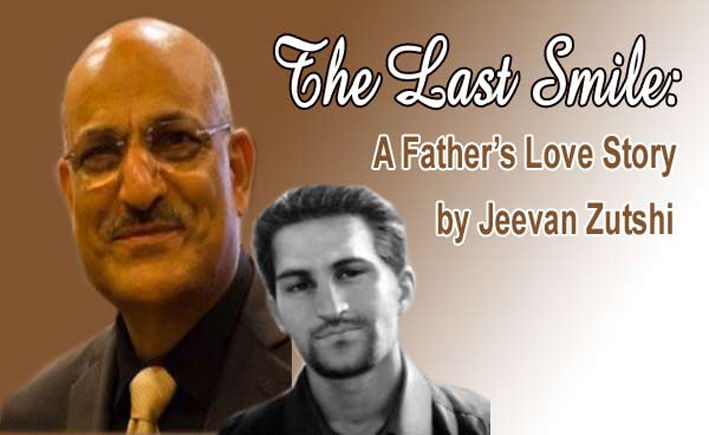

11 hours ago
Gujarat Bridge Collapse: Lives Lost, Travel Hardship; 50 km Extra Distance to Cover

13 hours ago
St. Jude Cancer Survivor Comes Full Circle

14 hours ago
PM Modi's global honours tally climbs to 27 after receiving Namibia's highest civilian award

14 hours ago
Elon Musk says exposing Jeffrey Epstein files 'top priority' for America Party

14 hours ago
ITServe Synergy 2025 in Puerto Rico To Connect – Lead – Inspire IT Leaders From Across the Nation

15 hours ago
Mr. Universe title for Kottayam native: First Indian to achieve this historic feat.

16 hours ago
Trump to announce new trade tariffs for 'a minimum of seven countries

16 hours ago
Elon Musk says exposing Jeffrey Epstein files 'top priority' for America Party

16 hours ago
Bangladesh-US second round tariff talks begin amid looming 35% US tariffs

17 hours ago
Shubhanshu Shukla experiments sprouting green gram, fenugreek seeds in space

20 hours ago
Here’s how Kriti Sanon embraces her inner ‘90s kid’ through music

20 hours ago
Offending portions removed from 'Udaipur Files': CBFC to Delhi HC

20 hours ago
Khushi Mukherjee opens up about her bold new avatar on Munawar Faruqui’s show ‘The Society’





















